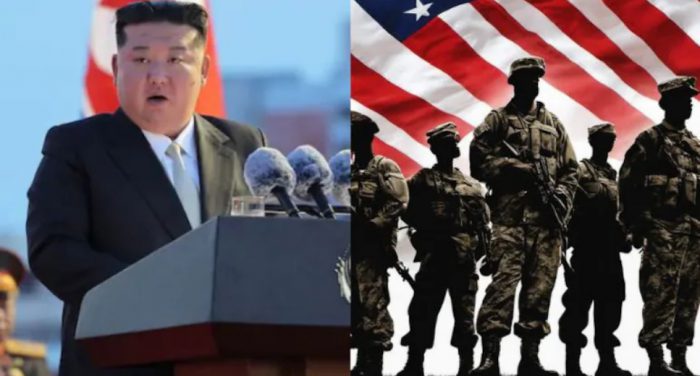A top-secret 2019 U.S. Navy SEAL mission to plant a spy device in North Korea collapsed into violence when an unexpected fishing boat appeared—triggering a deadly encounter and aborting the operation approved at the highest level by President Trump.
In a revelation that reads more like a Cold War thriller than real-world history, it has emerged that SEAL Team 6’s elite Red Squadron—the same unit that killed Osama bin Laden—slipped into North Korea in 2019 on a mission to plant a clandestine communications interception device.
The goal was to gain rare intelligence on dictator Kim Jong Un’s inner circle during delicate nuclear negotiations with then–President Donald Trump. But what was supposed to be a stealth operation unraveled in a matter of minutes.
The Mission That Never Happened
Launched from a nuclear-powered U.S. submarine, the SEALs were to use stealth “wet subs,” endure hours in 4°C waters, reach the North Korean shore, plant the device, and vanish before detection. Months of grueling rehearsal went into the operation.
But upon landing, the SEALs stumbled upon an unlit North Korean fishing boat. Cut off from their commander, and fearing discovery, one SEAL opened fire. Others joined in. Within moments, three unarmed civilians—divers gathering shellfish—were dead. Their bodies were dumped into the water, lungs punctured to make them sink.
The device was never planted. The mission was aborted.
Trump’s Role and the Fallout
According to reports, the operation had been personally approved by President Trump ahead of his summit with Kim in Vietnam. Failure risked hostage crises or diplomatic collapse.
When asked about the mission on Friday, Trump flatly denied knowledge:
“I don’t know anything about it. I could look, but I know nothing about it.”
Soon after the firefight, U.S. satellites detected a surge in North Korean military activity in the area. Whether Pyongyang pieced together what happened remains unclear.
Diplomacy Derails
At the Hanoi summit weeks later, Trump and Kim failed to strike a deal. By May 2019, North Korea had resumed missile testing, casting doubt on any diplomatic thaw.
The mission also raised legal red flags. Congress was neither briefed before nor after the raid, potentially violating federal law. Only in 2021 did the Biden administration quietly inform key lawmakers, though findings of its internal probe remain classified.
A Shadow on U.S. Special Ops
Despite the botched raid and civilian casualties, individuals involved were later promoted. To this day, the 2019 operation has never been officially acknowledged by Washington.
It remains one of the most secretive—and most controversial—special operations of the Trump era, a reminder of how easily geopolitical gambits can spiral into tragedy.





